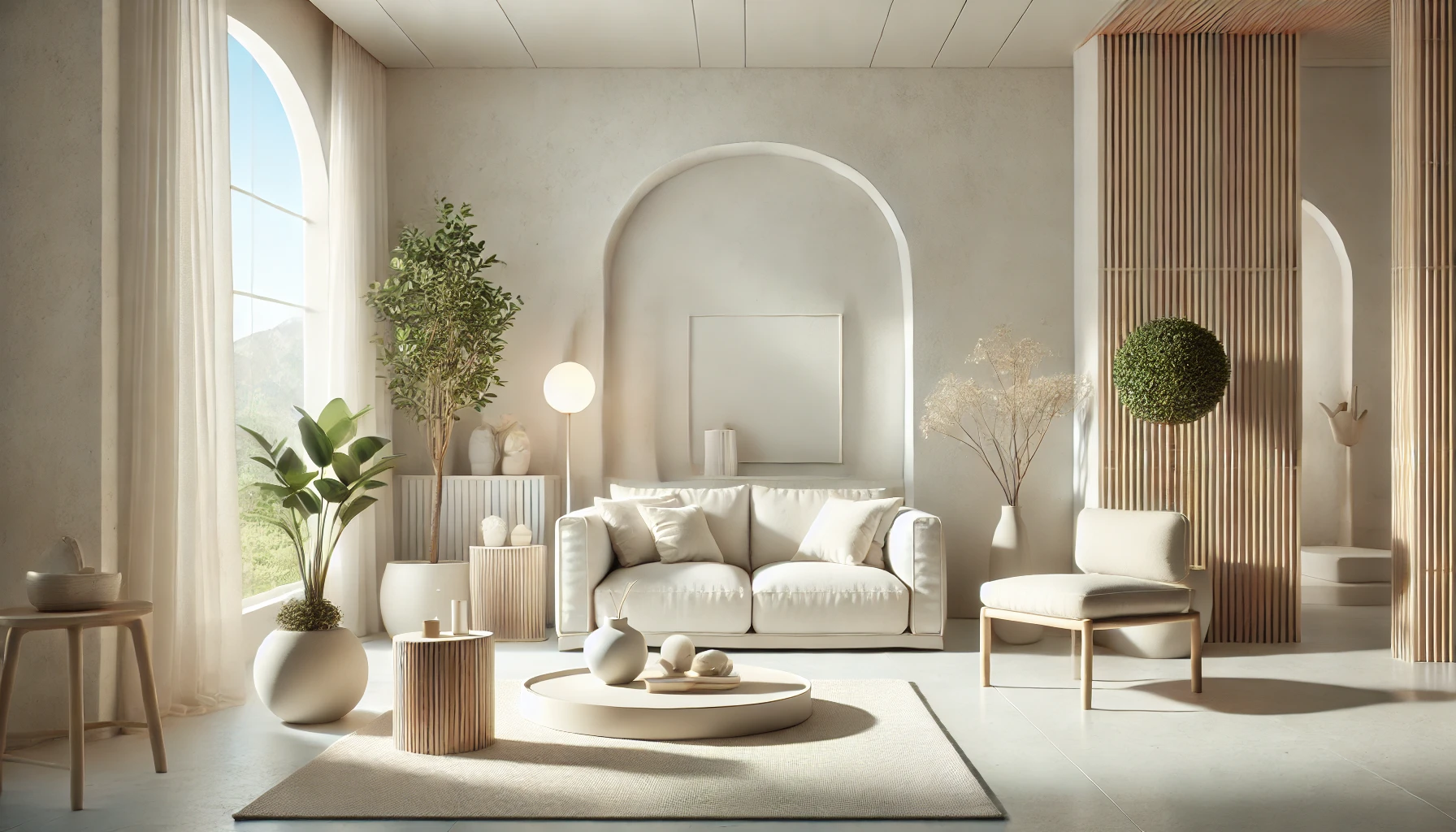In a world of constant distractions, information overload, and consumerism, many people feel overwhelmed, stressed, and mentally exhausted. Minimalism offers a solution—a lifestyle centered around simplicity, intentionality, and reducing excess.
Minimalism isn’t just about getting rid of clutter—it’s about removing distractions, simplifying decision-making, and focusing on what truly matters. Research shows that embracing minimalism can lead to greater mental clarity, reduced stress, and overall well-being.
In this article, we’ll explore the psychological benefits of minimalism, how it impacts mental health, and practical steps to simplify your life.
1. What Is Minimalism?
Minimalism is often misunderstood as owning nothing or living with extreme restrictions. However, minimalism is not about deprivation—it’s about intentionality.
1.1 The Core Principles of Minimalism
- Decluttering physical and mental space.
- Prioritizing quality over quantity in possessions and commitments.
- Focusing on what brings value and joy while eliminating distractions.
- Simplifying daily decisions to reduce stress.
1.2 Minimalism and Mental Freedom
Many people accumulate mental clutter—excess commitments, toxic relationships, and overwhelming schedules. Minimalism creates space for clarity, peace, and emotional well-being.
By removing unnecessary obligations, minimalists experience less anxiety, more focus, and greater personal satisfaction.
2. How Minimalism Improves Mental Clarity
2.1 Reduces Decision Fatigue
Every day, we make hundreds of decisions, from choosing what to wear to what to eat. Too many choices can lead to mental exhaustion and indecision.
Minimalism simplifies daily decisions, freeing up mental energy for meaningful tasks.
Examples of Simplified Decision-Making:
- Creating a capsule wardrobe with fewer, versatile clothing options.
- Meal prepping to reduce daily food choices.
- Establishing a streamlined morning routine to start the day with ease.
2.2 Lowers Stress and Anxiety
A cluttered environment contributes to mental overwhelm. Studies show that excessive clutter increases cortisol (the stress hormone), leading to anxiety.
How Minimalism Reduces Stress:
- A clean, organized space promotes a sense of calm and relaxation.
- Fewer possessions mean less time spent managing, cleaning, and organizing.
- Simplifying commitments reduces social and work-related stress.
2.3 Enhances Focus and Productivity
Minimalism helps remove digital distractions, unnecessary tasks, and mental clutter, leading to greater concentration and efficiency.
Productivity Benefits of Minimalism:
- A minimalist workspace encourages deep work and fewer distractions.
- Unsubscribing from unnecessary emails reduces information overload.
- Focusing on essential tasks improves work performance and time management.
3. The Psychological Benefits of Minimalism
3.1 Increases Emotional Well-Being
Minimalism encourages letting go of attachments to material possessions, leading to emotional freedom.
Why Letting Go is Beneficial:
- People who own fewer but meaningful items feel happier and more fulfilled.
- Releasing unnecessary belongings reduces guilt, attachment, and nostalgia-induced stress.
3.2 Strengthens Mindfulness and Intentional Living
Minimalism aligns with mindfulness practices—being fully present and making conscious choices.
How Minimalism Encourages Mindfulness:
- Reduces distractions, allowing more presence in daily activities.
- Encourages gratitude for what you already have instead of chasing new things.
3.3 Boosts Financial Freedom and Security
Minimalists spend money intentionally, leading to greater financial stability.
Financial Benefits of Minimalism:
- Less impulsive spending means more savings and financial security.
- Buying quality over quantity reduces long-term expenses.
4. How to Apply Minimalism in Daily Life
4.1 Decluttering Your Physical Space
- Start with one area at a time (wardrobe, kitchen, workspace).
- Ask: Does this item bring value or joy? If not, donate or discard it.
- Use the “One In, One Out” Rule—for every new item you buy, remove one.
4.2 Simplifying Your Digital Life
- Unsubscribe from emails, notifications, and unnecessary apps.
- Organize files and delete clutter from your devices.
- Set screen-free hours to reduce digital overload.
4.3 Practicing Minimalist Time Management
- Prioritize essential tasks over busywork.
- Reduce unnecessary meetings and obligations.
- Say no to commitments that don’t align with your values.
4.4 Creating a Minimalist Mindset
Minimalism isn’t just about possessions—it’s a way of thinking.
- Focus on experiences over material things.
- Be intentional about where you invest your time and energy.
- Practice gratitude for what you already have instead of always seeking more.
5. Overcoming Common Minimalism Challenges
5.1 “I Don’t Want to Get Rid of Everything”
Minimalism doesn’t mean having nothing—it means having what’s meaningful and necessary.
5.2 “I Feel Guilty About Letting Go of Items”
- If an item no longer serves you, consider donating it to someone in need.
- Let go of guilt-based attachment—memories live in the mind, not in objects.
5.3 “Minimalism Seems Too Extreme”
Minimalism is flexible—it’s about finding balance, not following strict rules.
6. The Long-Term Benefits of Minimalism
- Greater mental peace and less anxiety.
- More time and energy for meaningful relationships.
- A sense of freedom from material and digital distractions.
- Improved financial security and less impulse spending.
Final Thoughts
Minimalism is about simplifying life to focus on what truly matters. By decluttering physical and mental space, reducing distractions, and embracing intentionality, you can experience greater mental clarity, reduced stress, and a more fulfilling life.
Start small—declutter one space, simplify one habit, or say no to one unnecessary obligation. Over time, minimalism can transform your mindset and well-being.

